Navigating London: A Guide to Utilizing Maps for the Perfect Tourist Experience
Related Articles: Navigating London: A Guide to Utilizing Maps for the Perfect Tourist Experience
Introduction
In this auspicious occasion, we are delighted to delve into the intriguing topic related to Navigating London: A Guide to Utilizing Maps for the Perfect Tourist Experience. Let’s weave interesting information and offer fresh perspectives to the readers.
Table of Content
Navigating London: A Guide to Utilizing Maps for the Perfect Tourist Experience
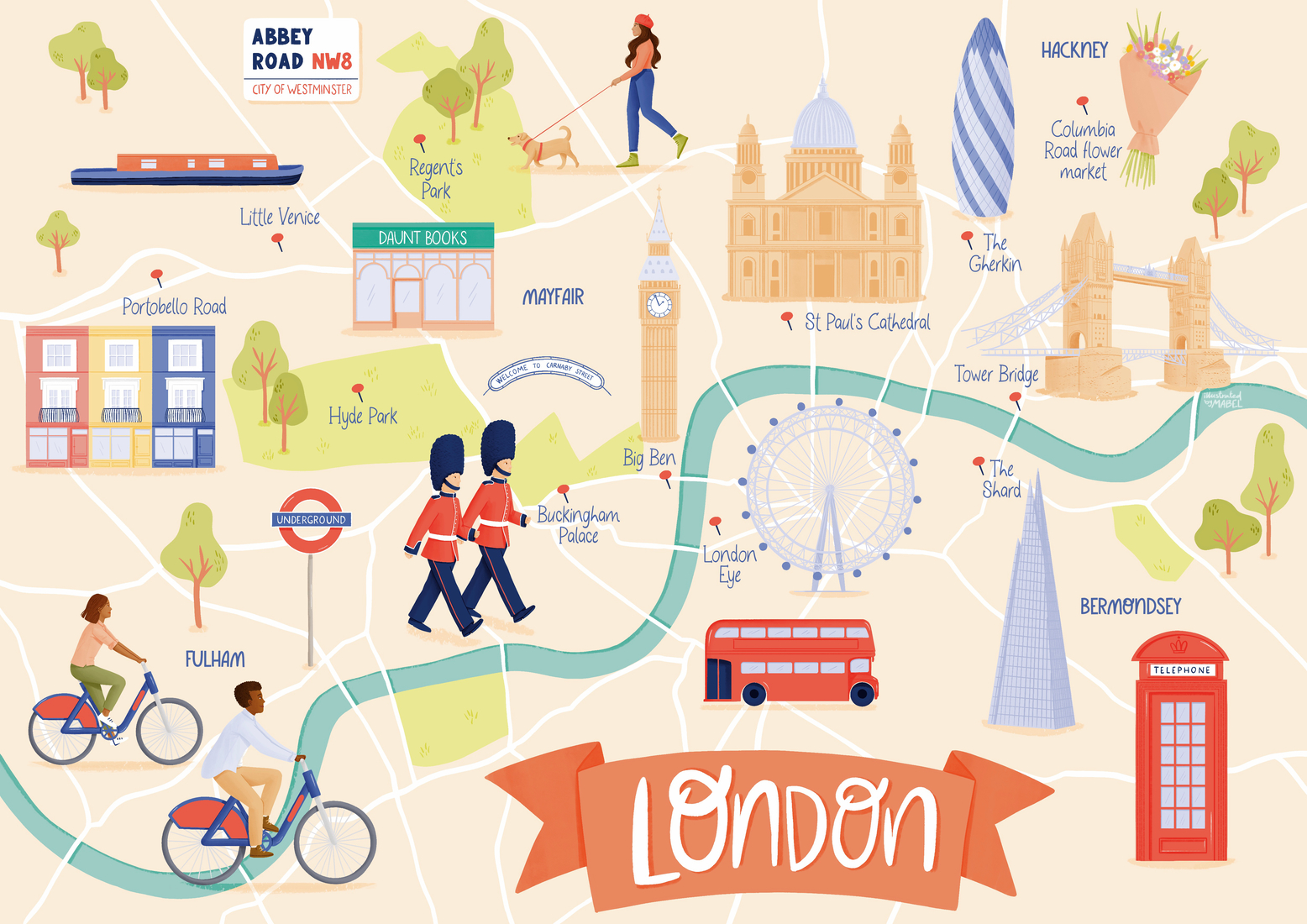
London, a city steeped in history, culture, and vibrant energy, beckons travelers from across the globe. Its iconic landmarks, bustling markets, and diverse neighborhoods offer a myriad of experiences, each promising unforgettable moments. However, navigating this sprawling metropolis can be daunting, especially for first-time visitors. This is where a well-chosen map becomes an indispensable tool, transforming a potential maze into a well-charted path.
The Importance of Maps in London Tourism
A map serves as a visual guide, offering a comprehensive overview of London’s layout and key attractions. It allows tourists to:
- Plan Efficient Itineraries: Maps enable efficient route planning, minimizing travel time and maximizing sightseeing opportunities. By identifying the locations of desired attractions, tourists can create a logical sequence, ensuring they see the most in a given timeframe.
- Discover Hidden Gems: While guidebooks often highlight popular landmarks, maps can reveal lesser-known gems. Exploring side streets and neighborhoods can lead to unexpected discoveries, enriching the travel experience.
- Gain a Sense of Place: Maps provide a spatial understanding of the city, helping tourists grasp the relationships between different areas. This understanding allows for a deeper appreciation of London’s history and culture.
- Navigate Public Transportation: London’s extensive public transport system, including the iconic Tube, can be overwhelming for newcomers. Maps clearly depict stations, lines, and transfer points, facilitating seamless navigation.
- Enhance Safety and Security: Maps help tourists avoid unfamiliar or potentially unsafe areas, ensuring a comfortable and secure journey. They also provide essential information such as emergency contact numbers and local police stations.
Types of Maps for London Tourists
Choosing the right map is crucial for a successful London adventure. Here are some common options:
- Paper Maps: Traditional paper maps offer a tangible and detailed overview of the city. They are readily available at tourist information centers, bookstores, and hotels.
- Digital Maps: Smartphone apps like Google Maps and Citymapper provide interactive maps with real-time updates on traffic, public transport schedules, and pedestrian routes.
- Tourist Maps: Specifically designed for tourists, these maps often highlight popular attractions, walking routes, and historical landmarks.
- Neighborhood Maps: For a more focused exploration, consider maps dedicated to specific areas like Notting Hill, Covent Garden, or the South Bank.
Tips for Utilizing Maps Effectively
- Study the Legend: Familiarize yourself with the map’s symbols, colors, and abbreviations before embarking on your journey.
- Mark Your Destinations: Use a pen or marker to highlight key attractions, restaurants, or accommodation.
- Consider Scale: Choose a map with a suitable scale for your needs. A large-scale map may be best for navigating a specific area, while a small-scale map is better for planning wider routes.
- Use Multiple Resources: Combine paper and digital maps for a comprehensive understanding of the city.
- Stay Informed: Regularly check for updates and changes to public transport schedules or road closures.
FAQs Regarding London Maps
Q: Where can I find a free map of London?
A: Free maps are available at tourist information centers, hotels, and some public transport stations.
Q: Is it necessary to purchase a detailed map?
A: While digital maps are convenient, a detailed paper map can be beneficial for planning routes and exploring off-the-beaten-path areas.
Q: What are the best digital mapping apps for London?
A: Google Maps and Citymapper are popular options, offering real-time updates, route planning, and public transport information.
Q: Should I focus on a specific neighborhood map or a general city map?
A: This depends on your travel plans. If you’re exploring a specific area, a neighborhood map is ideal. For a more general overview, a city map is recommended.
Conclusion
Navigating London, with its vast expanse and intricate network of streets, can be challenging without the right tools. Maps, whether paper or digital, serve as invaluable companions, simplifying the journey and enhancing the overall travel experience. By understanding the importance of maps and utilizing them effectively, tourists can unlock the city’s hidden treasures, explore its diverse neighborhoods, and create memories that last a lifetime.
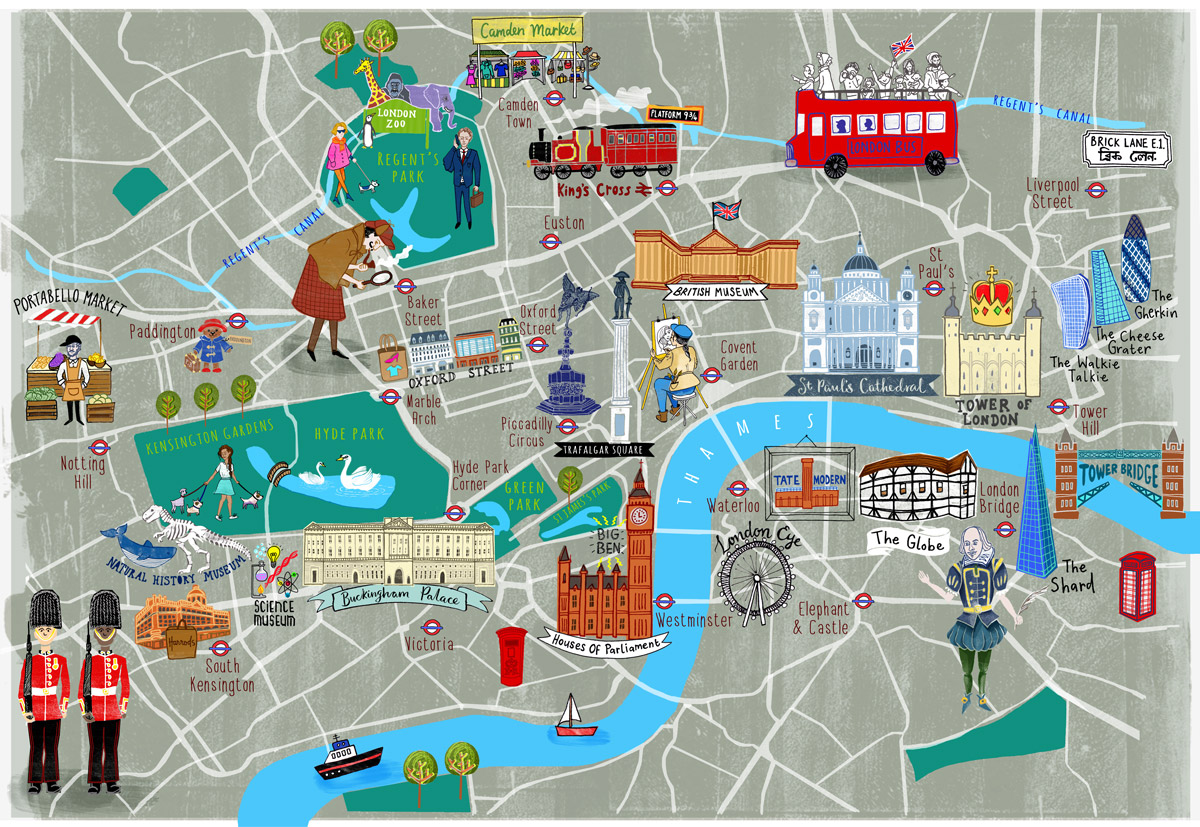
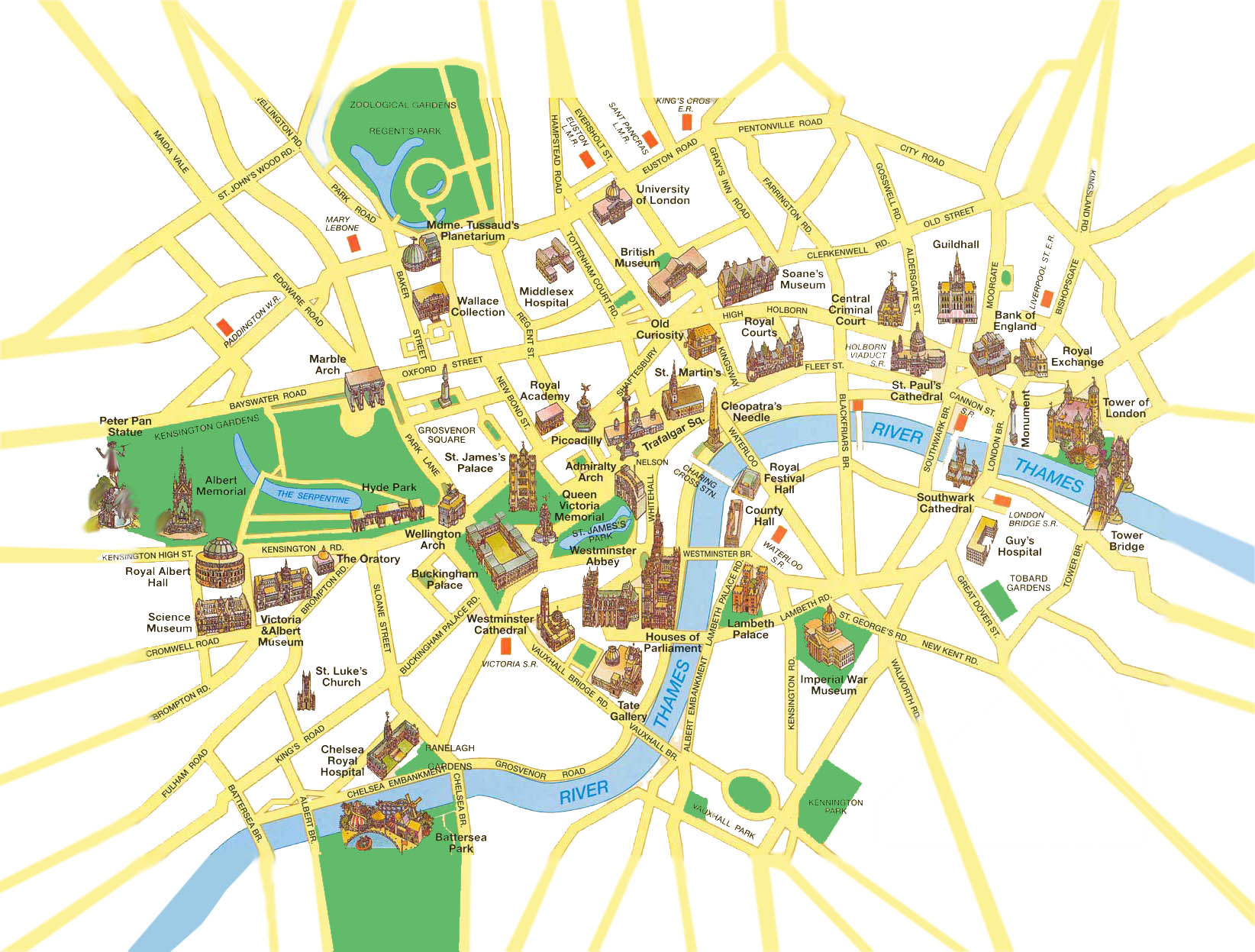
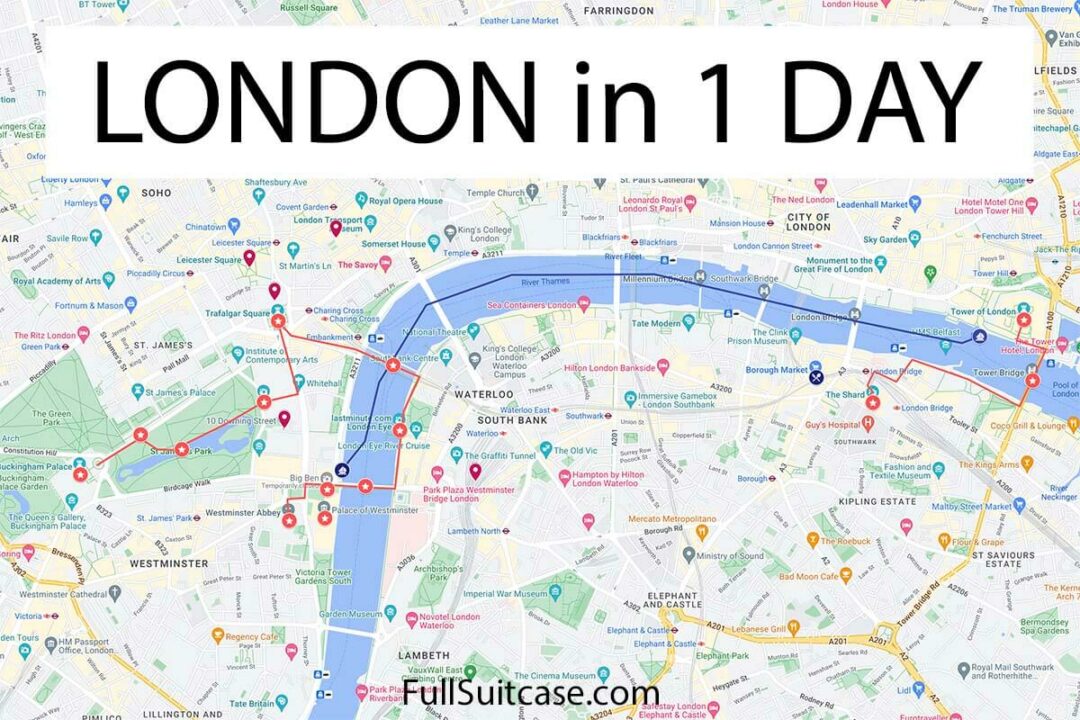
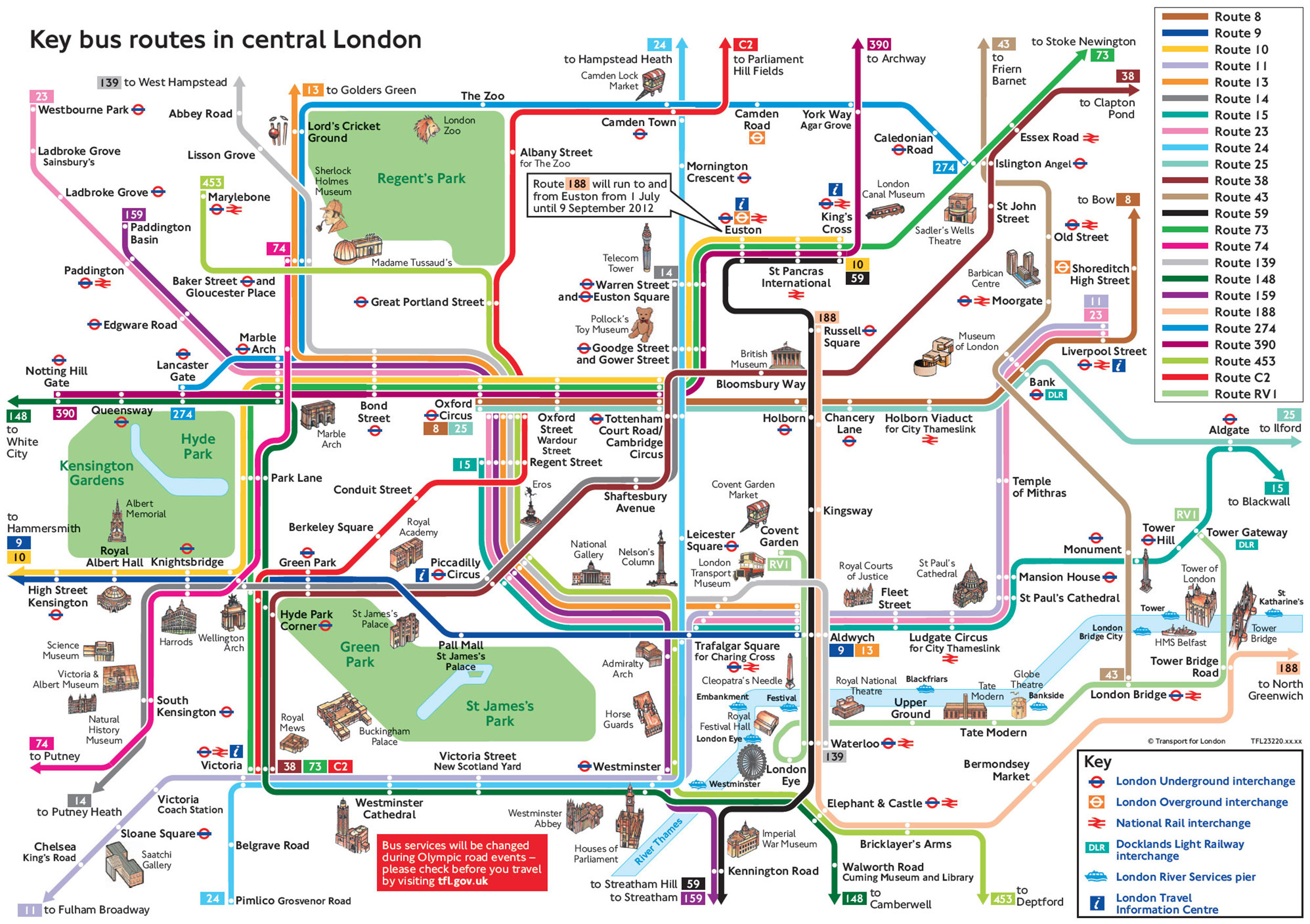
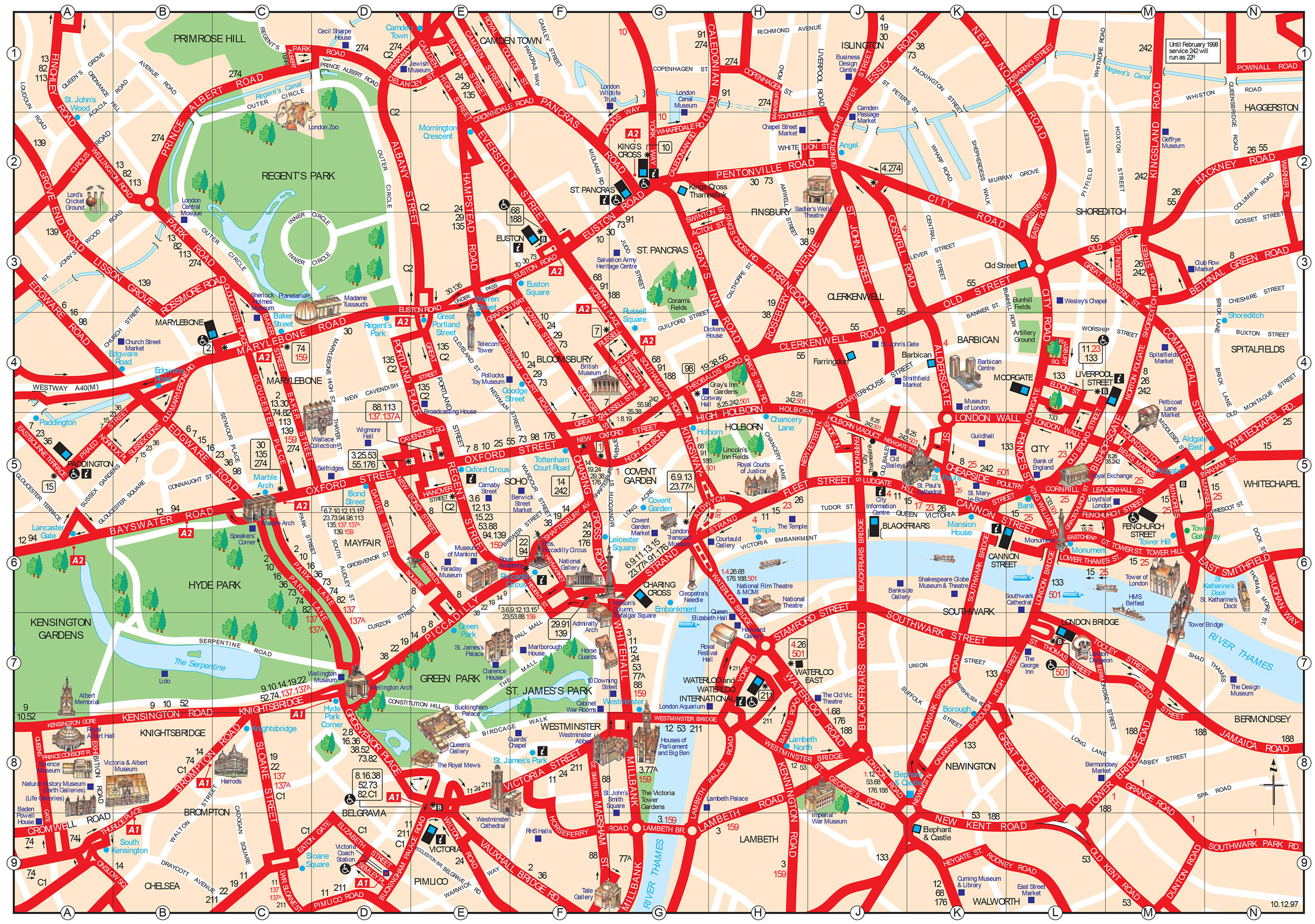
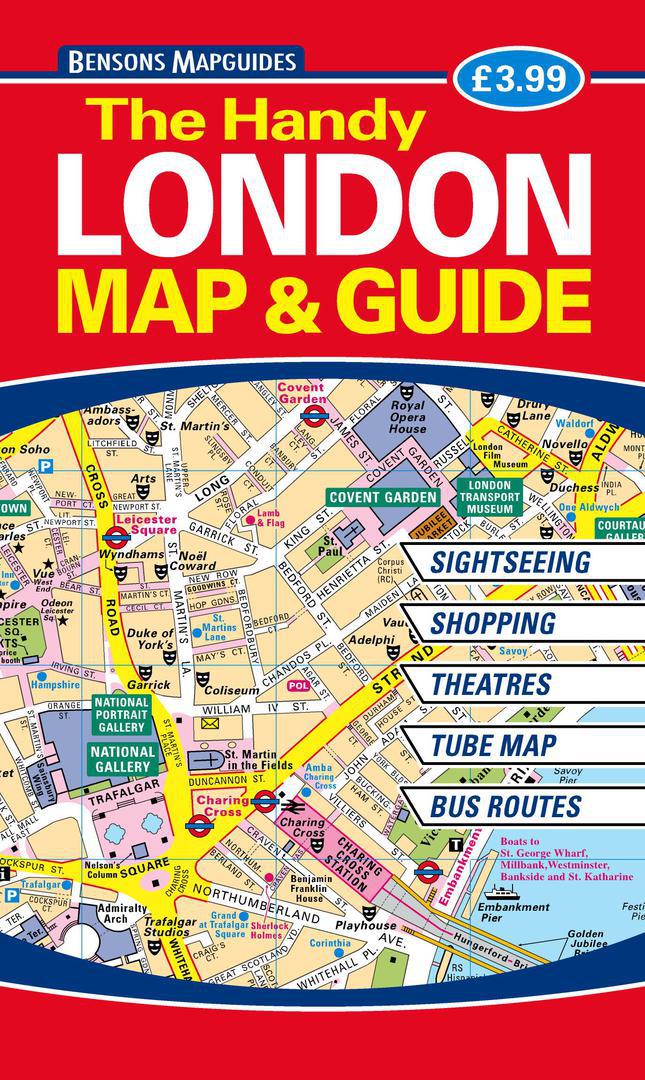


Closure
Thus, we hope this article has provided valuable insights into Navigating London: A Guide to Utilizing Maps for the Perfect Tourist Experience. We appreciate your attention to our article. See you in our next article!